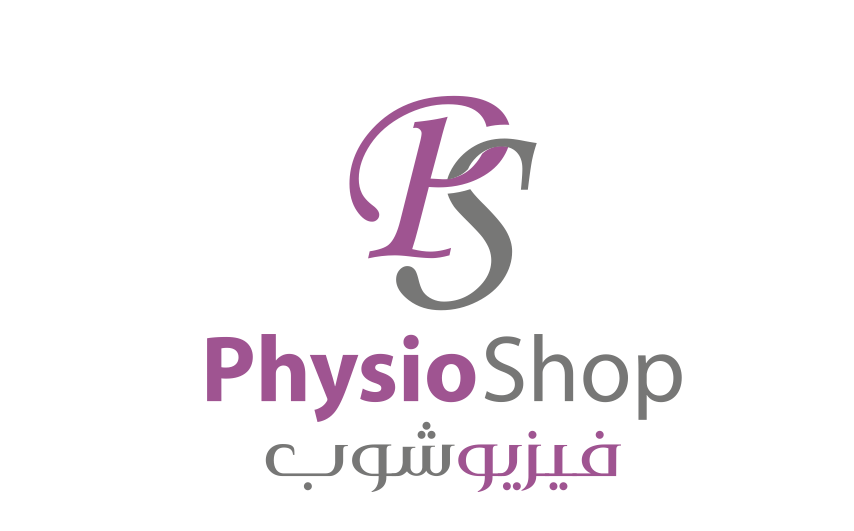
Dr. Rafeef Aljuraifani
BSC PT, MSc, PhD
- Women’s health physiotherapist
- Assistant professor- School of Health and Rehabilitation Sciences,
Princess Nourah bint Abdulrahman University
Qualifications:
- BSc in Physical Therapy- King Saud University,
Riyadh, Saudi Arabia
- MSc in Women’s Health Physiotherapy-
University of Bradford, Bradford, United Kingdom
- PhD with Thesis title: “New insight into the function of
pelvic floor muscles in women in relation to organ support”-
University of Queensland, Brisbane, Australia
